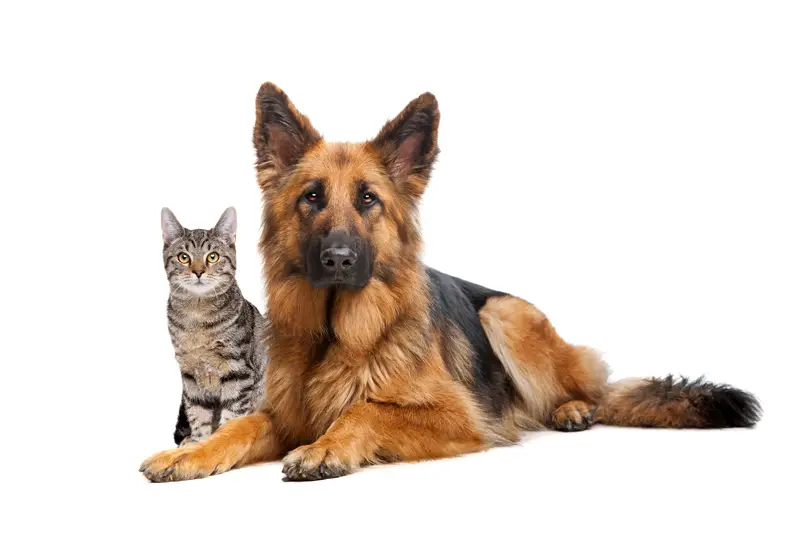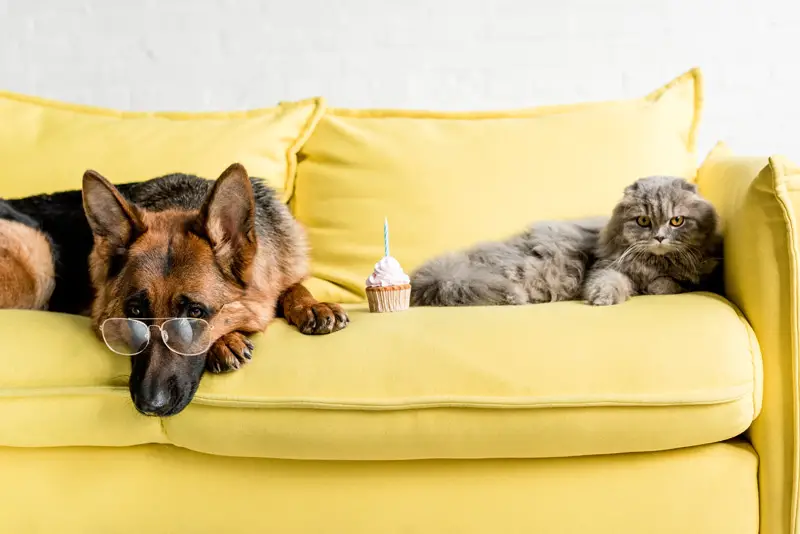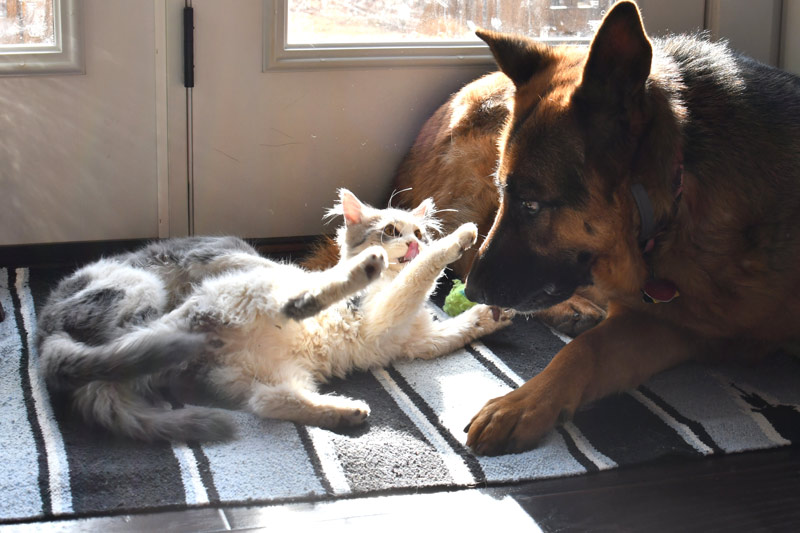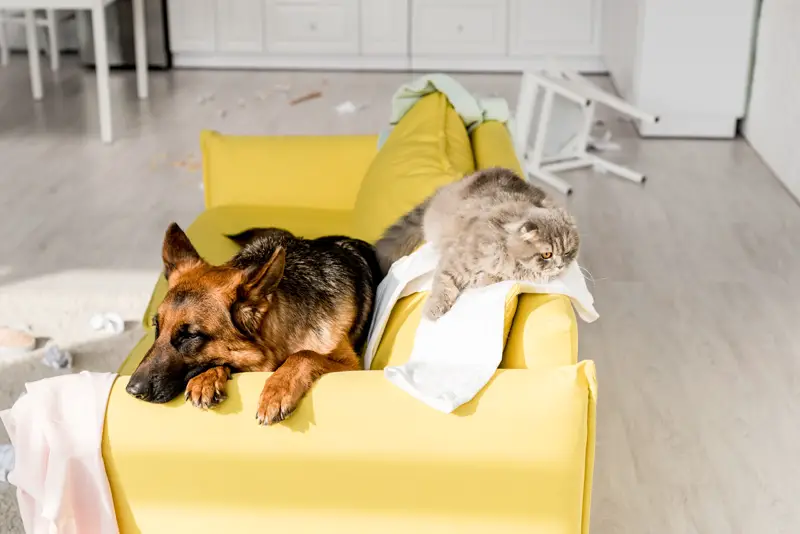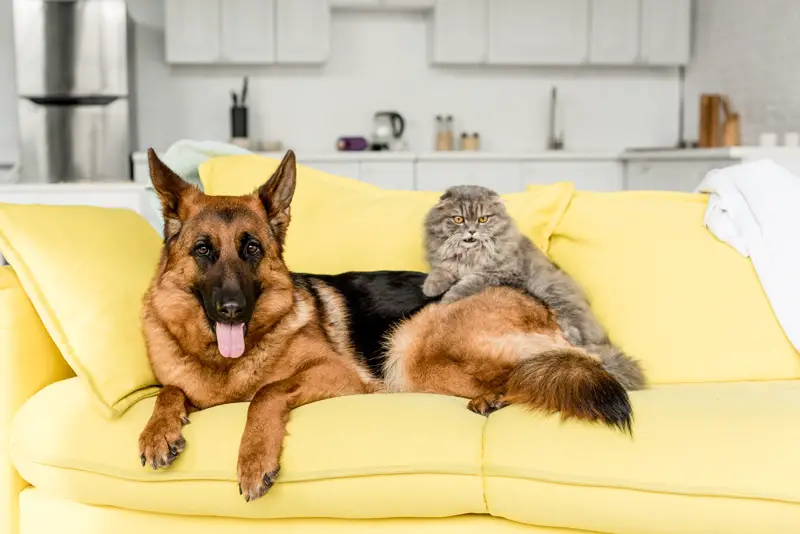Frequently Asked Questions
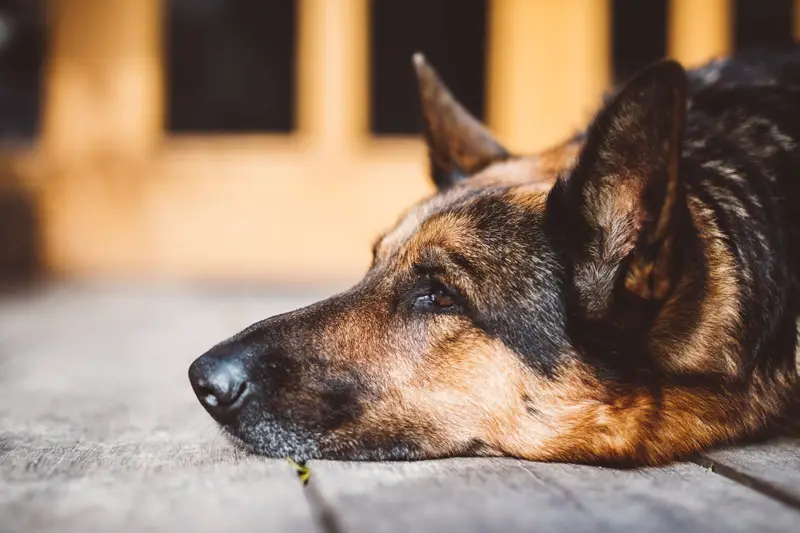
If you have any remaining questions about German Shepherds and cats in general, feel free to consult below.
Can a German Shepherd harm my cat?
If you do not follow the steps mentioned above, then yes, a grown German Shepherd could undoubtedly harm your cat as they might see them as a threat. If your pup is well socialized, they will have formed a healthy relationship with your cat, and you will have nothing to worry about.
My German Shepherd is now old, and I am thinking of purchasing a cat?
Although it is tough to socialize an adult or senior dog, it is still possible. To undergo this, it is recommended that you take your dogs to a school instead of attempting to teach them this at home as it is too risky to put a kitten in the environment of an un-socialized German Shepherd. If the trainer deems your German Shepherd as a lost cause regarding socialization, then it is advised that you do not purchase a cat for the sake of its safety.
What to do if my cat is causing the issues and not my German Shepherd?
This is extremely unlikely as cats tend to be more laid back and relaxed, meaning that they won’t be bothered to provoke a dog or other animal. However, if this is the case, you can simply follow the previous steps but replacing your dog with your cat. Your cat might not show it, but they do love your presence! Use these same tactics to get your cat to understand that they must become best friends with your new puppy.
I have tried all your steps, and nothing is working. What should I do?
If you have gone through with all these steps and your cat and dog still can’t break the mold and just won’t stop attacking each other, it is now time to contact a professional. It is better to do this sooner rather than later so that your pets are socialized from a young age when it is easiest to learn new skills. The only set-back of this is the price, as this challenging job can often set you back a fair amount of money.



